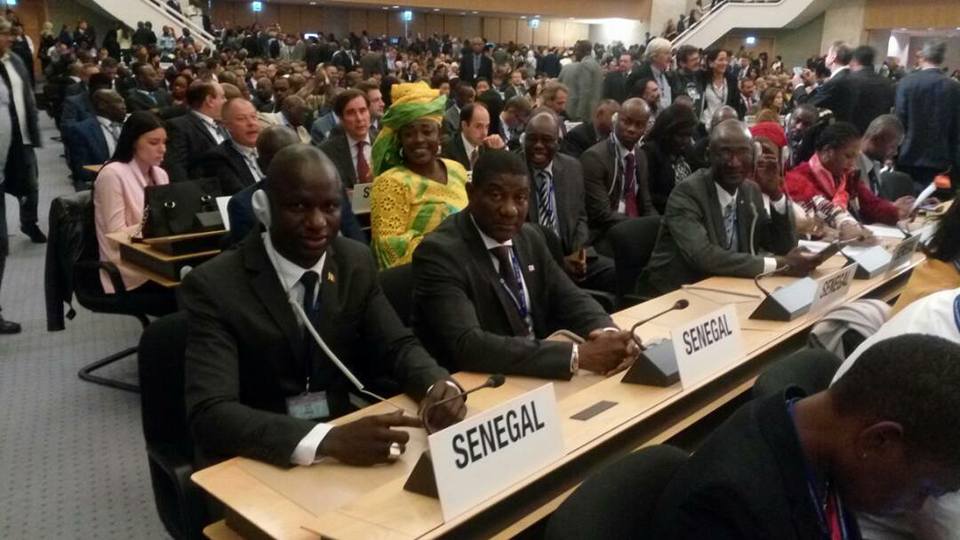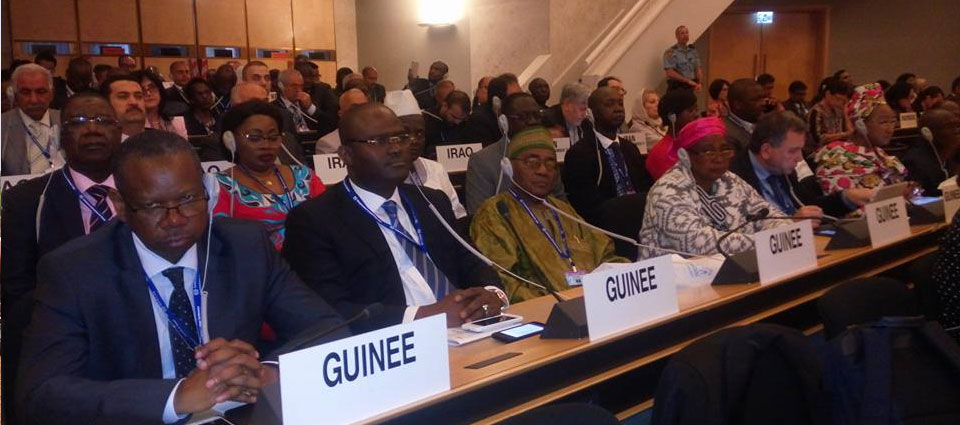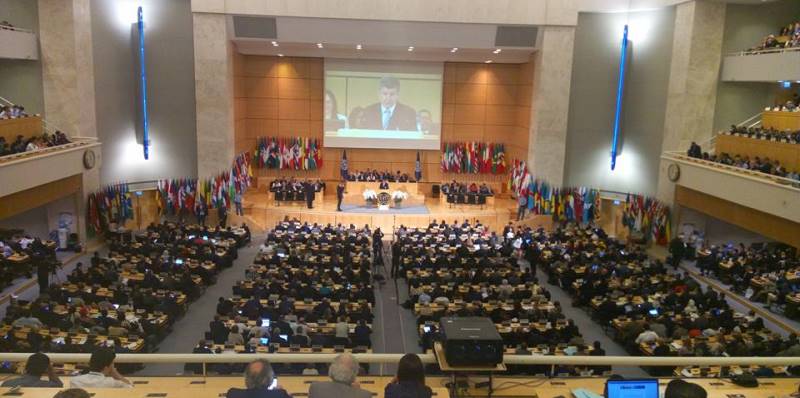





The 106TH Session of the International Labour Conference opened at the Palais des Nations, in Geneva, on 5 June 2017.
Over 4,000 delegates, including the representatives of workers, employers and governments from the Organisation’s 187 member States, are holding a series of thematic debates on social and labour issues.
This Conference is usually referred to as the ‘International Labour Parliament’. It develops and adopts international labour standards; provides a forum for discussions on social and labour issues; adopts the budget and elects the Governing Body.
This year’s Conference aims at examining the following items placed on the agenda:
• Reports of the Chairperson of the Governing Body and of the Director General
• Programme and budget proposals for 2018–19 and other questions
• Information and reports on the application of Conventions and Recommendations
• Labour migration (general discussion)
• Employment and decent work for peace and resilience: Revision of the Employment (Transition from War to Peace) Recommendation, 1944 (No. 71) (Standard setting, second discussion)
• A recurrent discussion on the strategic objective of fundamental principles and rights at work, under the follow-up to the ILO Declaration on Social Justice for a Fair Globalization, 2008
• Abrogation of Conventions Nos 4, 15, 28, 41, 60 and 67
Delegates from the African Regional Organisation of the International Trade Union Confederation (ITUC-Africa) and its affiliates are also taking part in this high-level conference.
It is worth noting that each member State is represented by a tripartite delegation, which includes two government’s representatives, one employer’s representative and one worker’s representative, as well as their respective advisers. Governments’ representatives are usually Ministers in charge of Social Affairs in their respective countries. Workers and employers’ representatives are determined through a mutual agreement between the most representative employers and workers’ organizations.
